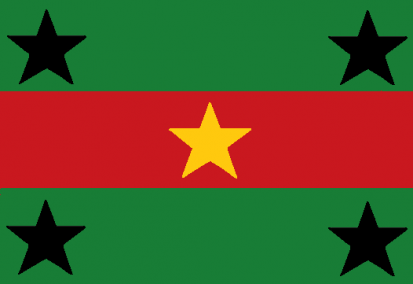Gylias wrote:Hey Megelan!
App looks alright to me. Based on your country's language and political organisation, I think you might have a good foundation for some common history with Rapallo.
Of course, Megelan's political organization is a thinly veiled plagiarism of those of Rapallo and Tharsatica that underwent more than a few changes over the course of the centuries. When the last monarch died without a heir, the people had to make do with what the world had at the time. And then Mirarea decided to play a game of Crusader Kings II and install a distant relative of the late monarch on the throne of Megelan, only to find themselves on the losing end of a war of independence a few hundred years later.
No, there's too little incest in this paragraph for Crusader Kings II to be mentioned in it, sorry.







